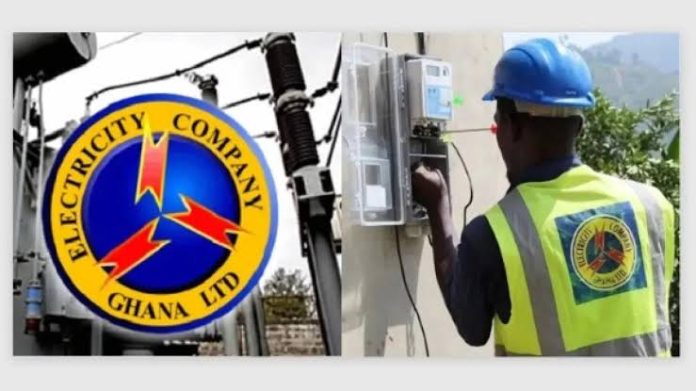Ghana’s state power distributor, the Electricity Company of Ghana (ECG), has launched a forceful debt recovery campaign, cutting electricity to several state-run institutions that have failed to settle enormous outstanding bills.
The company says its repeated notices and appeals for payment have been ignored, prompting it to take decisive action to protect its own financial stability.
On Tuesday, ECG disconnected power at the Weija treatment plant operated by Ghana Water Limited, citing unpaid arrears of \$97 million. The plant is a key infrastructure hub, supplying over 80% of water to Accra and surrounding communities. Hours later, the Ghana Broadcasting Corporation (GBC) also lost its electricity supply after failing to honor a structured repayment agreement for its \$305,000 debt.
ECG’s acting general manager of operations, Ishmael Tetteh Oku, emphasized that these decisions were not made lightly.
“We understand the public relies heavily on these institutions, but we can’t continue to supply electricity for free,” he told AFP. “Our notices were ignored, and the debts are longstanding.” ECG has issued a 48-hour ultimatum to Ghana Water Limited, threatening a longer-term disconnection if payment is not received.
The power cuts are already triggering ripple effects. In Accra’s western suburbs, more than 30 communities are at risk of water shortages, similar to past disruptions caused by maintenance issues at the Weija plant. Local businesses, including restaurants and car wash operators, fear financial losses as water services become unstable.
Critics argue that while ECG has every right to recover its debts, the disruption to essential services such as water and public broadcasting could create broader public health and communication crises.
“There must be a balance,” a local civic group spokesperson told reporters. “You can’t punish the public for institutional mismanagement.”




